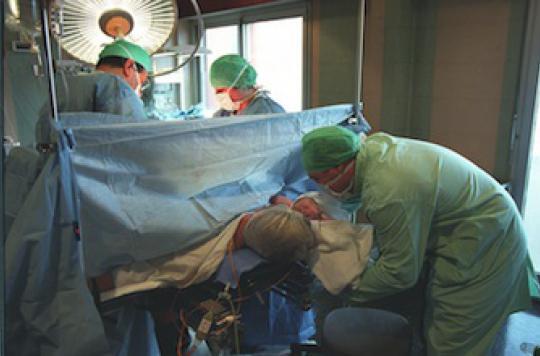The College of Gynecologists recalls that in 2005 the episode of pill panic had caused an increase in the number of abortions. Specialists provide details on the use of new generation pills.

A delisting of 3rd generation pills brought forward to March 31, a plan by the National Medicines Safety Agency (Ansm) to reserve the prescription of new generation contraceptives to specialists, the wrath of a socialist deputy doctor, the media frenzy of recent weeks has turned into a veritable cacophony. And for the 1.8 million women who take 3rd and 4th generation pills, these repeated episodes fuel their anxieties.
For several weeks, doctors have had to face many questions. By trying to remain rational while the climate and the repeated announcements give the image of a permanent improvisation. “Faced with this media wave and the many questions of distraught patients”, the National College of Obstetrician Gynecologists (CNGOF), has just provided some clarifications to prescribing physicians concerning the use of these pills and the “increased risk of venous thronbosis Here are the main elements:
– The recommendation for the prescription of a second-generation pill in first-line is justified;
– The individual risk of thrombosis is screened according to the patient’s personal and family history and the consideration of individual risk factors (overweight, smoking, sedentary lifestyle, etc.). It is advisable to be very rigorous on this plan before any prescription of an estrogen-progestogen contraception;
It is necessary to inform the patient of this potential risk and of the need for special precautions in certain circumstances (surgery, long air travel, etc.);
-The risk of revelation of a venous thrombosis appears mainly during the first weeks of the prescription. For this reason, and also because of the other potential side effects of any contraceptive method, contraception that has been established for several months should not be changed;
– The risk of thrombosis during pregnancy is twice that of estrogen-progestogen contraceptives, regardless of the generation or method of administration of the contraception chosen (oral, vaginal, percutaneous).
CNGOG recalls the episode of panic over the pill which occurred in England in 1995. The “pill scare” led in one year to an 11% increase in abortions among young girls aged 13 to 15 years.
.

















